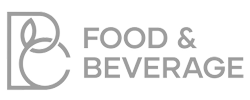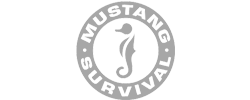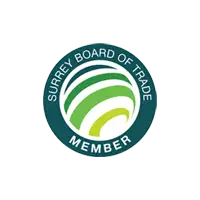Critical Thinking & Problem Solving
$179.00*

CREDENTIAL
Course Certificate

DELIVERY
eLearning (Self-paced)

DURATION
Approx. 14-15 hours

CLASS SIZE
Private Link

PREREQUISITES
English CLB 7
Course Description
This combined course equips you with the critical thinking and problem-solving skills essential for tackling challenges in both personal and professional contexts. You’ll learn to analyze information, evaluate evidence, and identify logical fallacies to make well-informed decisions. The course also introduces a structured approach to problem-solving, including defining problems accurately, generating and evaluating solutions, and implementing effective strategies. With a focus on creativity, logical reasoning, and clear communication, this program prepares you to address complex issues with confidence, formulate sound arguments, and achieve better outcomes. By the end of the course, you’ll have the tools to think critically, solve problems systematically, and excel in any situation.
Course Outline
Understanding Critical Thinking
Critical thinking involves evaluating information and arguments systematically and logically. It requires you to question assumptions, consider multiple perspectives, and analyze evidence thoroughly. Unlike intuitive thinking, which relies on quick judgments based on experience or gut feelings, critical thinking involves a deliberate and reasoned approach to problem-solving and decision-making.
Evaluating Arguments and Evidence
In this section, you’ll explore the structure of arguments, including premises and conclusions, and learn how to identify them using signal words. You’ll also understand different types of reasoning—deductive, inductive, and abductive—and how to assess the validity and soundness of arguments. Additionally, you’ll examine how to differentiate between qualitative and quantitative evidence and the importance of primary and secondary sources.
Identifying and Avoiding Logical Fallacies
Logical fallacies are errors in reasoning that undermine the validity of an argument. This section covers various logical fallacies, such as ad hominem and straw man, helping you recognize and avoid them in discussions and debates. You’ll also learn about counterarguments, which provide alternative viewpoints and strengthen the overall analysis by addressing opposing perspectives.
Developing Effective Problem-Solving Skills
Enhance your problem-solving abilities by focusing on essential soft skills such as critical thinking, creativity, and communication. This section will help you assess your own problem-solving skills and identify strategies for improvement, ensuring you are well-prepared to tackle complex issues.
Defining and Analyzing the Problem
Learn how to accurately define a problem and identify its root cause. This section covers techniques such as the five whys process, cause-and-effect diagrams, and flowcharts. Properly defining and analyzing the problem ensures that you address the underlying issue effectively.
Generating and Evaluating Solutions
Discover methods for generating potential solutions, including brainstorming, reverse brainstorming, and mind-mapping. Learn how to evaluate these solutions, determine your ideal outcome, and choose the most effective option. This section focuses on narrowing down your list of potential solutions and selecting the best one.
Admission
- Recommended English CLB 7
- Have access to a device that meets the system requirements to use Northwest Skills Institute online courses
*Price quoted are in Canadian funds, per person, per registration, and does not include any applicable taxes. The price quoted is for 30 days access to the online courses. Subject to change without prior notice.
You May Also Like...
INDUSTRY FOCUSED
View AllYou May Also Like...
PROFESSIONAL GROWTH
View AllPreparing you for success
The Northwest Skills Institute is an industry focused training organization.
Our programs are geared specifically for industry, making students more qualified and READY FOR WORK.
























